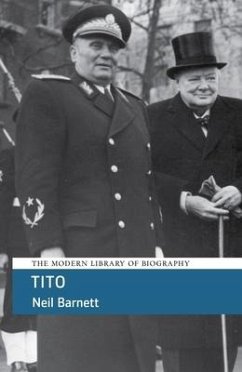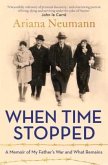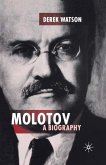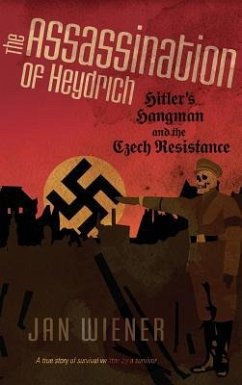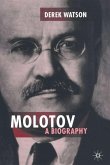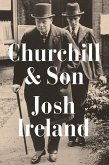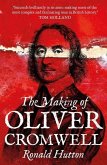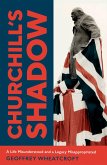The break-up of Yugoslavia, the country Tito, the Croat turned Yugoslav had created was inevitable after his death in 1980. This title deals with Tito, an inspirational partisan leader, doctrinaire communist and yet a thorn in Moscow's side, and a leading light in the Non Aligned Movement.
The charismatic, near-mythological figure of Josip Broz Tito was many things: an inspirational partisan leader and scourge of the Germans during their occupation of Yugoslavia in the Second World War; a doctrinaire communist but an ever-present thorn in Moscow’s side; an oppressor, a dictator, a reformer, and a playboy. He managed Yugoslavia’s internal tensions through personality, force of will, and political oppression. It was only after his death in 1980 that the true scale of this feat was understood; the country’s institutions and politicians were then revealed as rudderless, and the country created by Tito - a Croat turned Yugoslav - collapsed into a bloody and at times genocidal civil war. These ethnic conflicts were Tito’s nightmare, yet, as Neil Barnett shows in this short but engaging biography, they were in many ways the result of his own myopic egomania.
Hinweis: Dieser Artikel kann nur an eine deutsche Lieferadresse ausgeliefert werden.
The charismatic, near-mythological figure of Josip Broz Tito was many things: an inspirational partisan leader and scourge of the Germans during their occupation of Yugoslavia in the Second World War; a doctrinaire communist but an ever-present thorn in Moscow’s side; an oppressor, a dictator, a reformer, and a playboy. He managed Yugoslavia’s internal tensions through personality, force of will, and political oppression. It was only after his death in 1980 that the true scale of this feat was understood; the country’s institutions and politicians were then revealed as rudderless, and the country created by Tito - a Croat turned Yugoslav - collapsed into a bloody and at times genocidal civil war. These ethnic conflicts were Tito’s nightmare, yet, as Neil Barnett shows in this short but engaging biography, they were in many ways the result of his own myopic egomania.
Hinweis: Dieser Artikel kann nur an eine deutsche Lieferadresse ausgeliefert werden.

